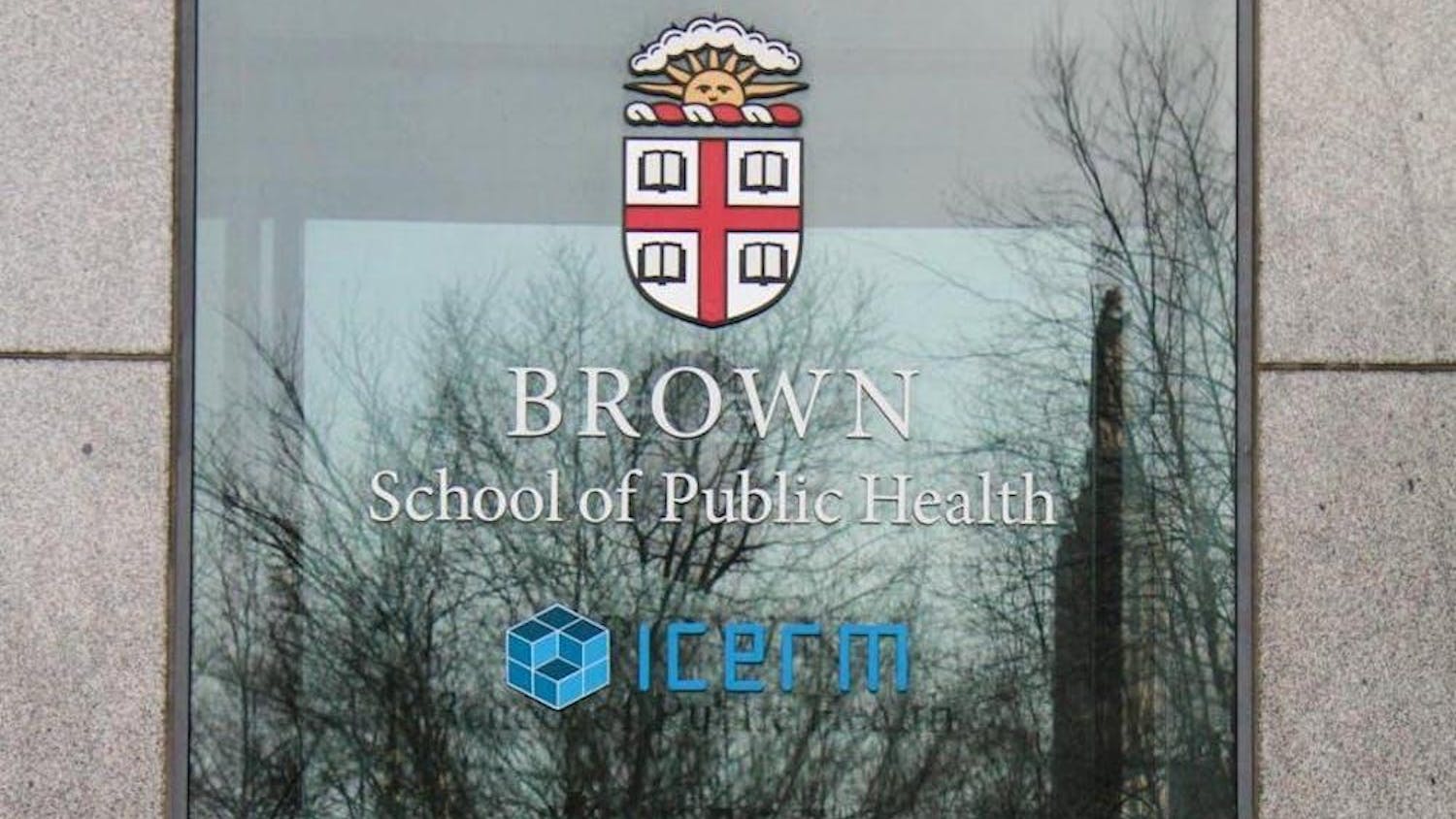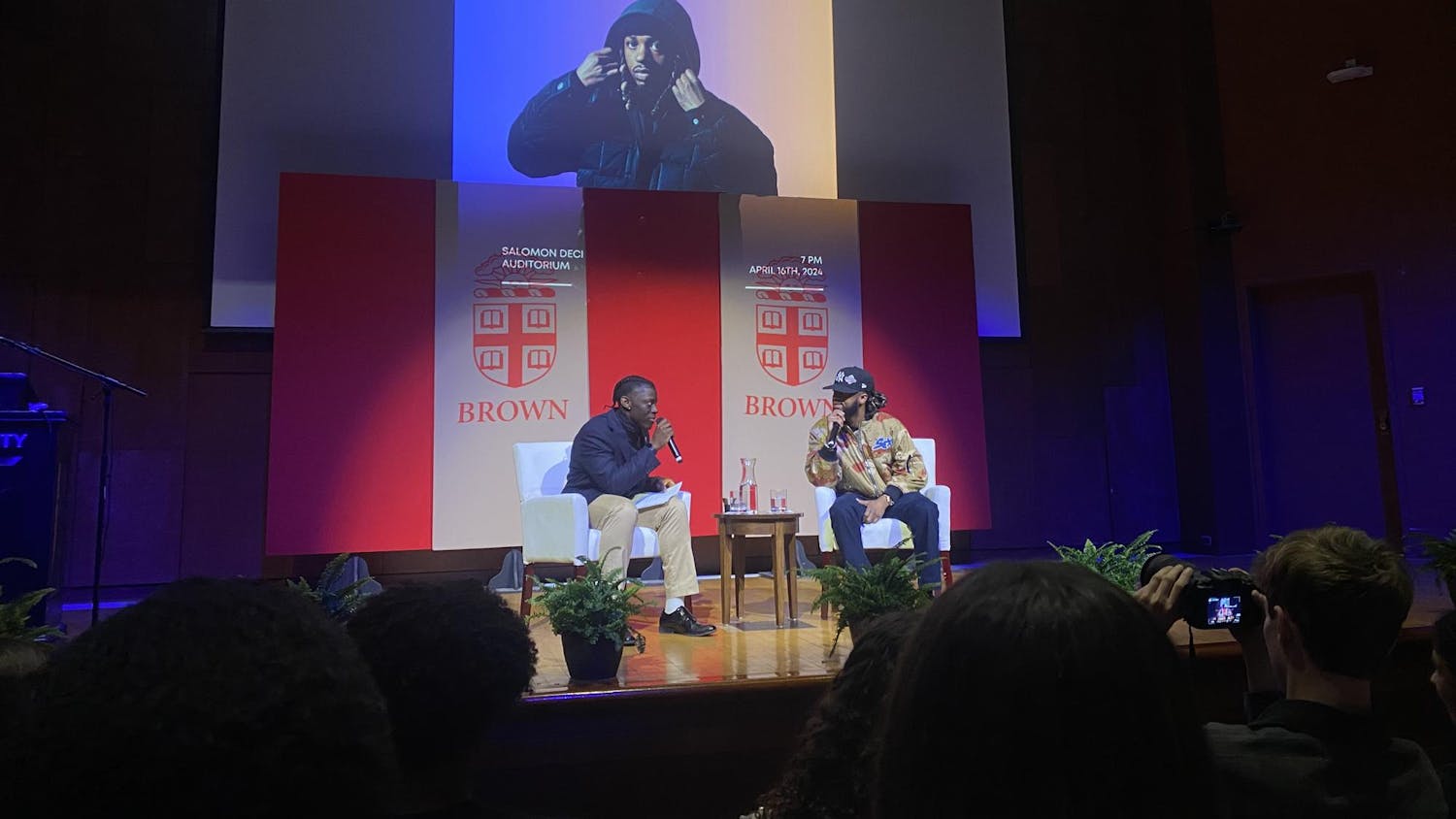The Undergraduate Council of Students gave feedback to Dean of the College Rashid Zia ’01 about the University’s course pre-registration process and discussed a statement of solidarity in light of increasing violence against Asian Americans nationally at its general body meeting Wednesday evening.
Chair of Academic Affairs Deepak Gupta ’22 invited Zia to the general body meeting to hold a discussion about ways to improve pre-registration at the University.
The process of pre-registration exists to give students “reasonable assurance that they are going to get into the classes they want” and “so that the shopping experience can be reasonable and manageable,” Zia said.
He noted that the University’s goal is for pre-registration to be fair, efficient and simple. But he acknowledged that the current system — under which grade levels are assigned a time to register for courses on a first-come, first-serve basis — has its flaws.
One issue is that some students tend to pre-register for high-demand courses they may not take, which artificially fills up slots and creates stress during the shopping period, Zia said.
He proposed several new pre-registration procedures to address common complaints, including a system in which students are only able to pre-register for a certain number of courses until the entire student body has registered. This system was used during this year’s spring pre-registration, when students could initially only pre-register for four classes rather than the usual five, Zia said.
Another option is a process in which students list the courses they wish to take and are automatically matched to courses based on space availability, Zia continued.
A solution that falls in between the capped model and the automated matching model is a “serpentine model,” under which each student is registered for one class at a time, Zia said. Under this model, students would only be registered for another course once all other students in their grade level have also been registered for a course.
Many UCS general body members were supportive of the serpentine method. “I know for a fact that there are so many students that don’t get into classes that are their first choice or their second choice,” said general body member Elli Lee ’22, emphasizing that the model could “introduce fairness” into the process.
Also at the meeting, the Council introduced a resolution that, if passed, would allow UCS to release a statement of solidarity with Asian Americans in light of recent violence across the nation. The proposed statement was introduced by UCS Vice President Summer Dai ’22 and written in collaboration with the Asian/American Political Alliance at Brown.
“The pandemic has been super tough as an Asian American sort of grappling with what it means to engage in America,” said A/APA member Nelson Lin ’23, who also noted the national increase in reported hate crimes since the start of the pandemic.
The statement would condemn violence and racism against Asians and Asian Americans and also notes that structures of racism against Asian Americans have deep historical roots, Lin said.
The statement also includes a list of both University-affiliated resources, such as Counseling and Psychological Services, as well as external organizations that are working to support Asian Americans, Dai said. She also noted that she is in conversation with the Brown Center for Students of Color and student groups on campus to discuss how UCS and the University can support Asian American students.
The Council also listened to a presentation by student group Every Vote Counts about a resolution that would compel the University to commit to fulfilling campus voting support requirements proposed by For the People Act, a bill that was passed in the U.S. House of Representatives and that calls for voting reform.
The bill is unlikely to pass in the Senate, which is what prompted Every Vote Counts to work with Chair of Appointments Eamon McKeever ’22 on a resolution that would prompt the University to fulfill the campus requirements to support student voting nonetheless, said Every Vote Counts Director of Elections and Engagement Livia Polise ’22.5.
Measures called for include expanding the Swearer Center’s civic engagement student fellows program and creating a database containing information about voting regulations and deadlines, according to the text of the resolution.
Also at the meeting, the Council discussed changing the UCS Code of Operations to ensure that Council votes about the Student Activities Fee and Undergraduate Finance Board be public, as well as changing the UFB constitution to ensure that any Board vote about UCS or the activities fee also be public.
The amendments were introduced to ensure that the system of checks and balances between UFB and UCS is more effective, said UCS President Jason Carroll ’21.
The Council also continued its discussion of creating a Transfer and Resumed Undergraduate Education student chair and providing funding for Greek and program houses. The proposal to create a TRUE chair and the amendment that would allow Greek and Program houses to be categorized as student groups, which would make them eligible to receive money from UFB, will be voted on in the coming days.





